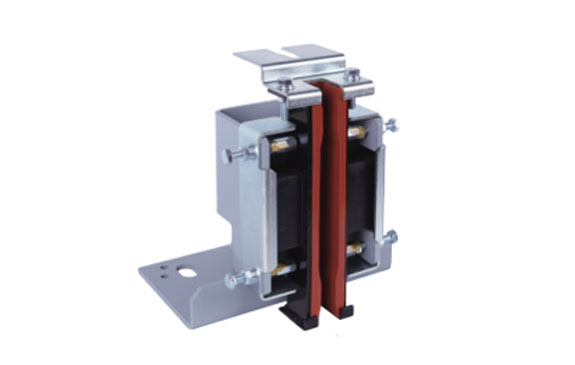
The view from the elevator varies greatly from country to country...
A friend from Beijing went to the United States and when he came back, he told me about the elevators there and said humorously, "New York is just like Beijing. It's full of little hutongs, except that in America, hutongs go straight up and down." Later, I also lived abroad for a long time, and found that the elevator is not only practical, but also can observe the state of life.
Watch out for 'French Traps' in elevators
As soon as I arrived in France, a friend told me the DOS and don 'ts about taking the elevator. If you are not alone in the elevator, don't forget to leave the elevator ladies first. After the woman has given way, the men must continue to give and take. Man A WANTS TO STRETCH OUT HIS HAND TO SIGNAL TO ASK THE other PARTY TO GO FIRST, SAY: "I WALK BEHIND YOU". At this time, man B cut can not lose demeanor to lift the leg to walk, but to do the same action, accentuated tone said: "behind you walk." This is repeated several times before one of them asks the other for forgiveness because he has finally decided to get out of the elevator. The French themselves jokingly refer to this process as the "French trap."
Interestingly, in some of the oldest hotels in France, an old aristocratic elevator is still in use today. In addition to the magnificent interior decoration of the car, the biggest feature of this elevator is that there are comfortable seats inside! On such lifts, the French naturally give up their seats to old people, children or women. If there was a seat grab, it would be considered news.
Japan lifts' up and down '
In Japan, where everything is especially polite, there are some problems, not to mention taking a bus, having a meal, having a meeting, or even taking an elevator: which position is the "top seat"? According to Japanese friends, the interior space of the elevator in Japan also has a primary and secondary division. "Top seat" is in the rear of the button side of the elevator; Next to this position; Then the oblique front of this position; The worst "next seat" is next to the steering wheel, because this person has to push the buttons for the floor, equivalent to a "driver."
The last time I went to Japan, I was waiting for the elevator in a club building. The moment the elevator door slowly closed, I found seven or eight staff outside the door lined up, the collective greatly bowed to the elevator door, the scene is solemn, magnificent. A careful look, the original is the elevator "seat" position standing on a "president".

Americans are used to pressing the door button
Some time ago, I also heard about an elevator ride in the United States. One woman, who had just arrived in New York, was surprised that no one pressed the door button on the elevator. Instead, many people pressed the door button to wait for someone, and everyone deliberately looked over their shoulder to see if anyone was behind them, so as not to shut them in their faces. If you watch American movies and TV shows, mean, rude people always close the elevator doors on purpose when they see someone coming. That's why it's rare to touch the "close door" button on an elevator in New York City, lest you identify yourself with a character from a movie or TV show.
When the woman returned to Beijing, she found many fewer traditional hutong and vertical "hutongs" rivaling those in the United States. On her first day back in China, she was greeted with glances because she failed to press the door button after getting into the elevator. The man on the same ladder did not say anything, but his eyes and the force of the button made it clear. On another day, she pressed the door button to wait for a young man to enter the elevator. He thanked him politely and stuck his finger on the door button. Every time the door opened, he began to close it, as if unconsciously repeating a habit. Nothing was more important to him at that moment than saving a few seconds.
What would you do if someone in an elevator pressed the door button and waited for you to get on? I have found that most people, both abroad and at home, do a trot when they see someone waiting for them in the elevator, so as not to delay others' time. But studies have shown that when you move from walking to trotting, you actually have to stop and start. The change took longer than it would have otherwise. However, it was this seemingly time-wasting gesture that won over people inside the elevator who might otherwise have been seen as ill-bred. It can be seen that sometimes attitude is more important than results.
 Email:jiugang@kshzjd.cn
Email:jiugang@kshzjd.cn
 Website:m.kangtu.net.cn
Website:m.kangtu.net.cn
 Address:NO. 382, Jianlin Road, Zhangpu Town, Kunshan City, Jiangsu Provine. 215326
Address:NO. 382, Jianlin Road, Zhangpu Town, Kunshan City, Jiangsu Provine. 215326